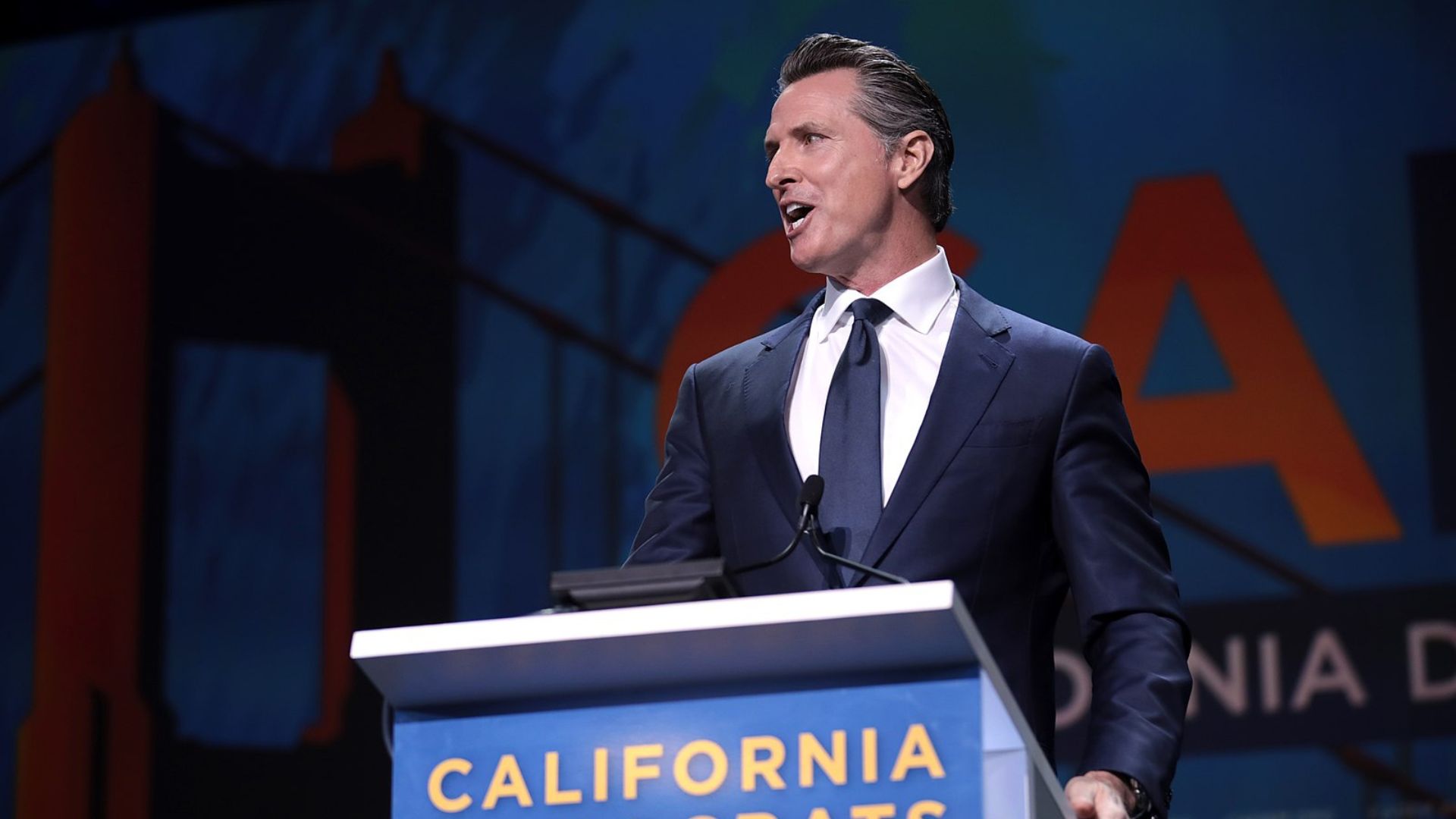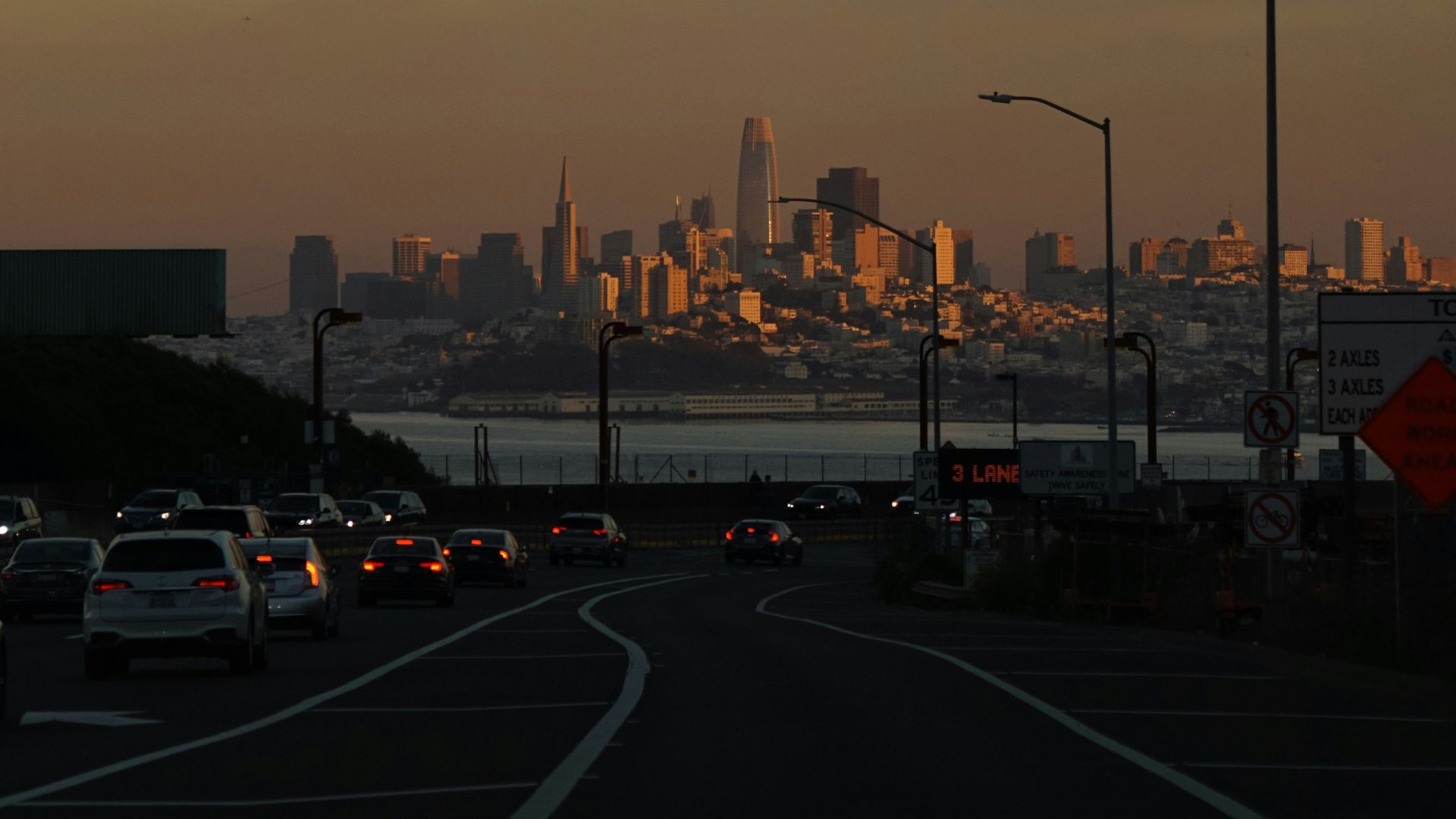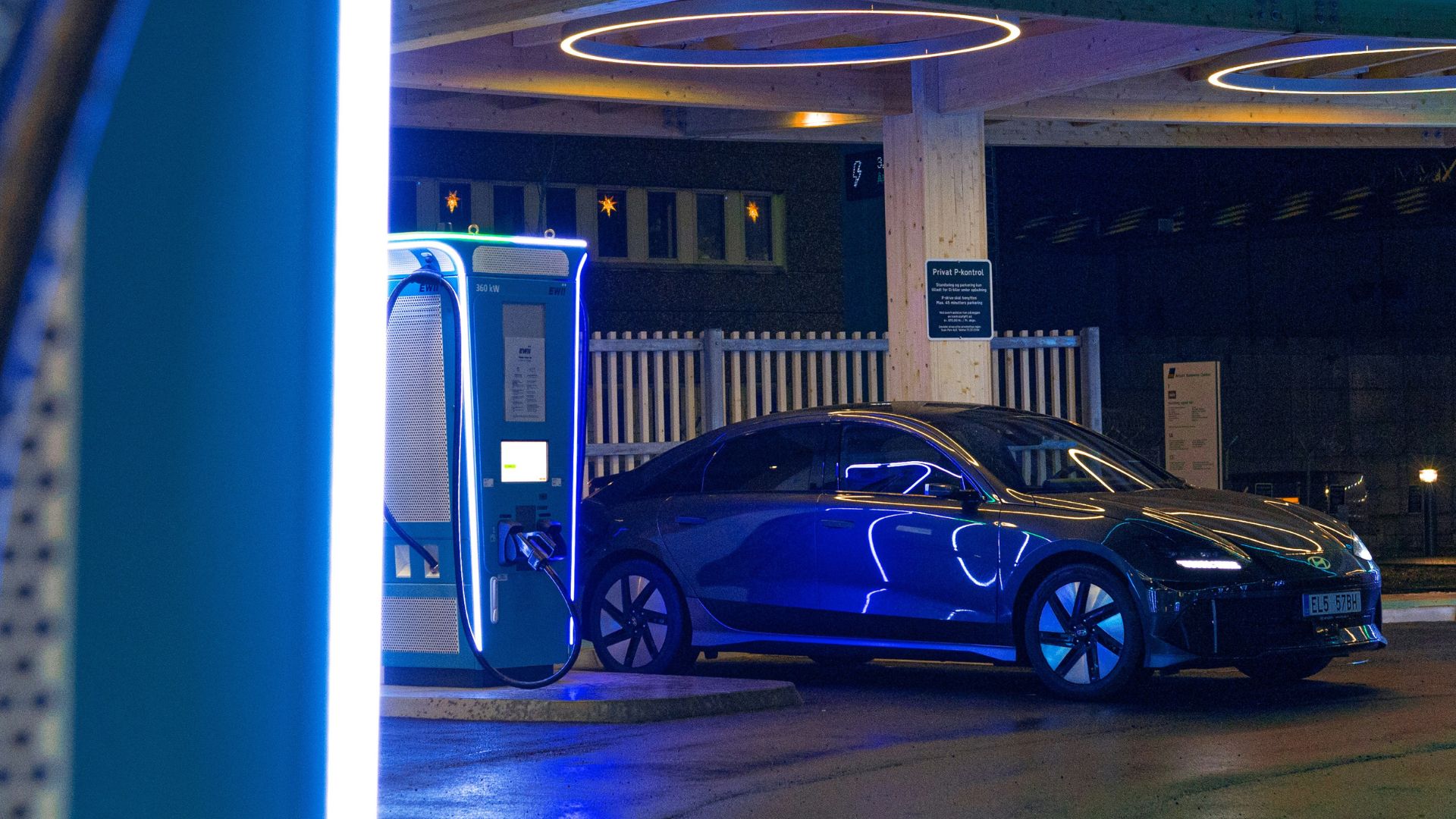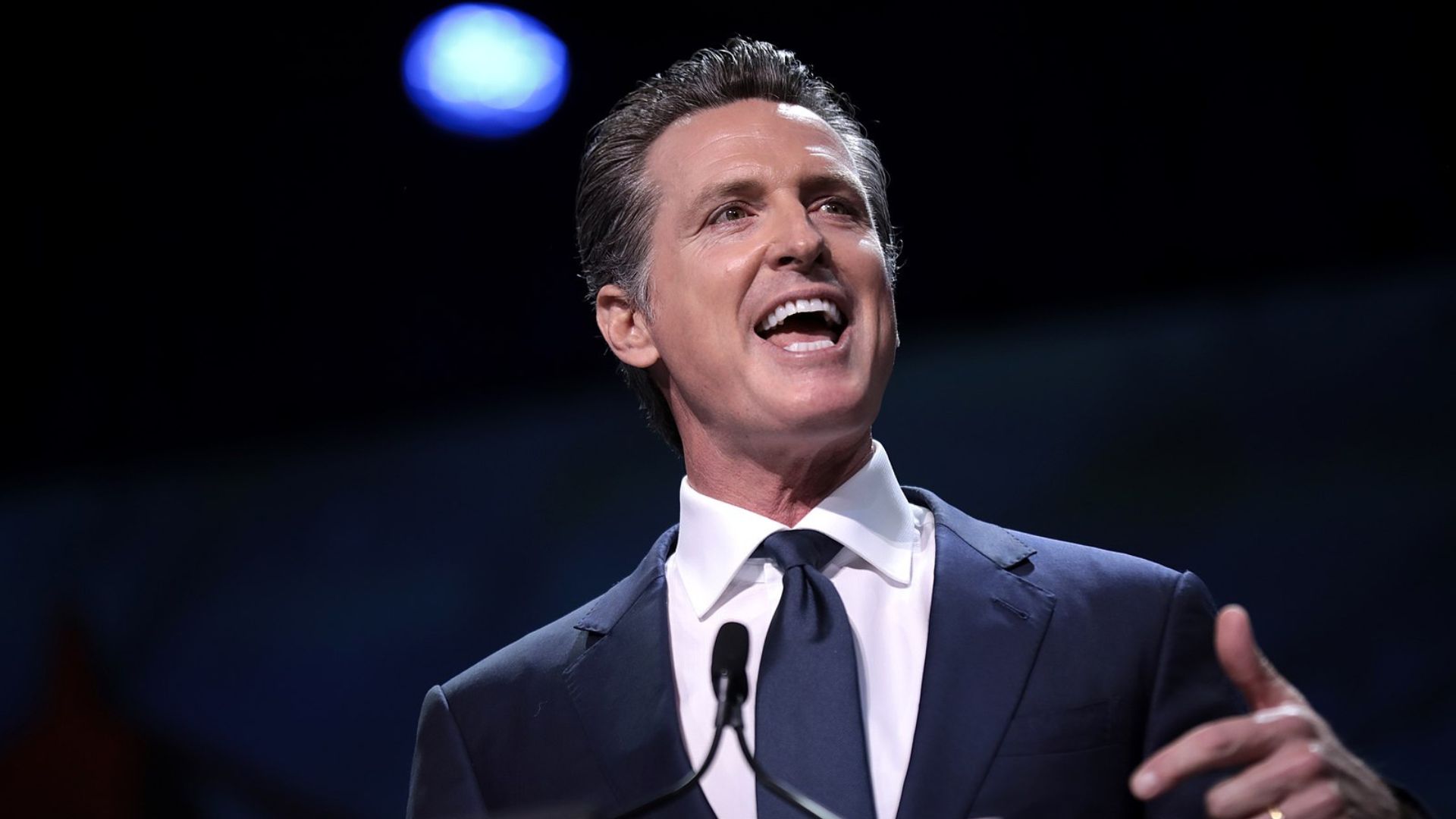California’s budget is on a rollercoaster thanks to its big bet on electric vehicles.
As the state backs away from gas-powered vehicles, driven by Governor Gavin Newsom’s green policies, billions in gas tax revenue—once the backbone of infrastructure funding—are at risk.
Gas Tax Woes

Last year, the gas tax boosted California’s funds by $7.4 billion.
But as the tax jumps to 59.6 cents per gallon, fewer gas cars mean potentially less money. It’s a fiscal cliff that the state might not be able to avoid.
From Surplus to Shortfall

Just when you thought budgeting couldn’t get tougher, California finds itself in a $45 billion hole, a dramatic flip from a $100 billion surplus just two years ago.
The phase-out of gas cars is expected to cut another $6 billion from future budgets.
Road to Zero Emissions

California is determined to clean up its act with a bold move: no more new gas cars by 2035.
This rule comes from the Advanced Clean Cars II regulation, ensuring that from 2025, zero-emission vehicles will start taking over the roads.
The Cost of Missing Targets

Next year, automakers not hitting their EV sales marks will face steep fines—up to $20,000 per non-compliant vehicle.
It’s a hefty push to get everyone on board with the state’s sustainability goals.
A Word from the Transportation Secretary

Despite the financial jitters, Transportation Secretary Toks Omishakin remains optimistic.
“We are not at a place where we’re losing gas tax funding yet. Some people say that we are, but we’re not,” he explained in a Politico interview, stressing the need for strategic foresight.
EV Taxes: A Silver Lining?

With EVs gaining traction, California hopes to boost its budget with new EV registration taxes.
Still, the consensus is clear: these funds will hardly make a dent in replacing the vanishing gas tax revenue.
Miles for Money

To fill the looming fiscal gap, California is eyeing a road charge program.
This pay-per-mile model could solve financial woes but stirs up privacy concerns—a delicate balance between funding roads and respecting driver privacy.
Tracking Troubles

The implementation of a road charge involves collecting mileage information from the state’s 27 million licensed drivers, as noted in a report by the California Legislative Analyst’s Office.
This has raised concerns among residents about privacy and the security of their data.
One More Trial

This July, California will test the waters with its fourth—and possibly final—pilot of the road charge system.
“It’s likely going to be our last pilot because this will be the fourth one,” Omishakin shared, hinting that this trial could lead to bigger decisions.
A Decisive Moment

The upcoming pilot program results will be crucial for lawmakers, helping them decide if the road charge is the way forward.
Understanding the ins and outs of this new funding mechanism is key to its success or failure.
Balancing Act

At a pivotal point, California juggles its financial predicaments with its environmental ambitions.
The decisions made now will shape the state’s future, striving to support both its economy and the planet.
